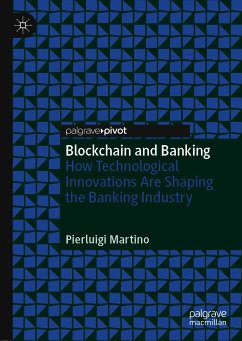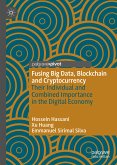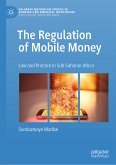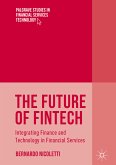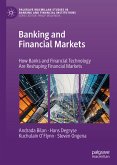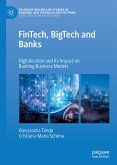Born as the technology underlying Bitcoin, which has been used to allow the recording of cryptocurrencies transactions, blockchain can facilitate the process of recording any transaction type and track the movement of any asset, finding application in many different areas. Specifically, it has been acknowledged as a disruptive force in the financial sector and a key source of future financial market innovation with the potential to reshape existing business models in the financial services industry.
Regarding the banking industry in particular, existing literature suggests that blockchain poses new challenges and generates opportunities as well as threats. This is pushing banks to rethink their operations, business models and strategies. However, literature in this regard is still in its infancy, and we do not yet have a clear understanding of blockchain technology's potential implications for banks. This book expands the literature on blockchain technology in banking by providing new insights into the developments, trends and challenges of blockchain in the banking industry. In particular, sheds more light on the implications of blockchain technology for banks by discussing the advantages and disadvantages related to this technology and exploring its potential impact on traditional banking business models.
Pierluigi Martino is a Researcher in Financial Markets and Institutions at the Department of Economics and Management, University of Pisa, Italy. He has also been a Research Assistant at the Cass Business School, City University of London, UK. His research interests are in the areas of banking, corporate governance, entrepreneurial finance and blockchain technology.
Dieser Download kann aus rechtlichen Gründen nur mit Rechnungsadresse in A, B, BG, CY, CZ, D, DK, EW, E, FIN, F, GR, HR, H, IRL, I, LT, L, LR, M, NL, PL, P, R, S, SLO, SK ausgeliefert werden.

